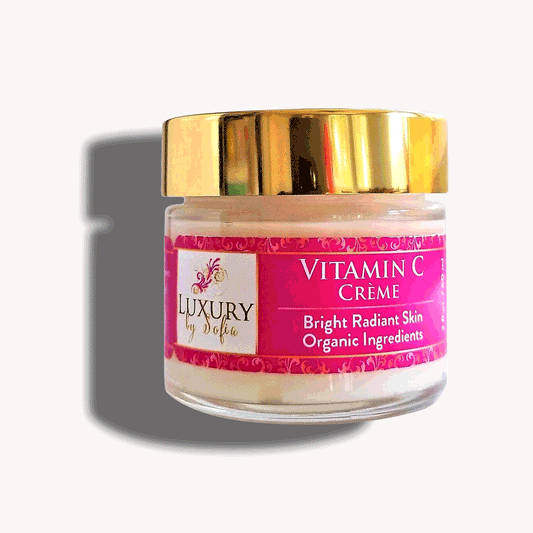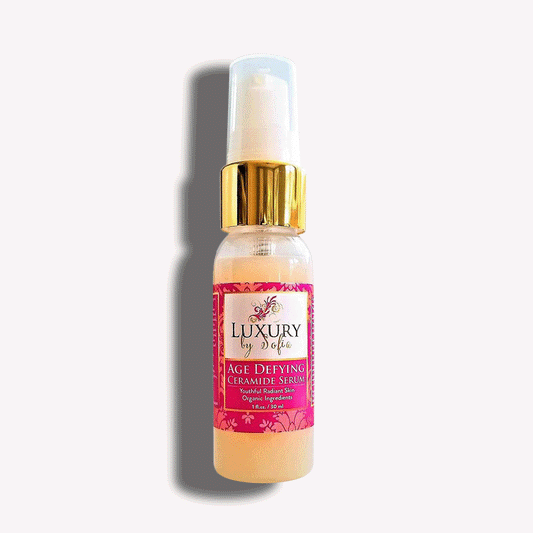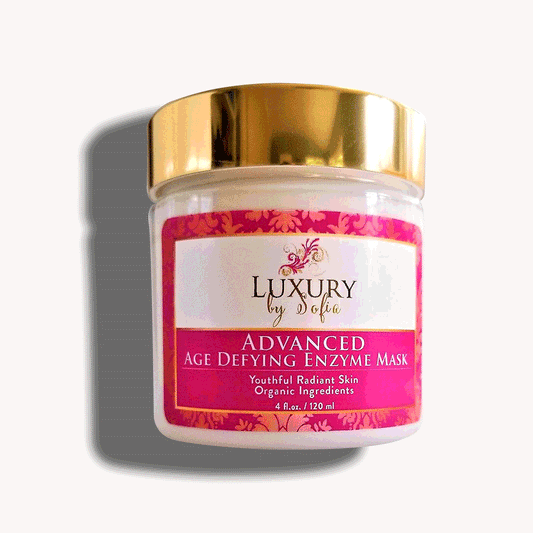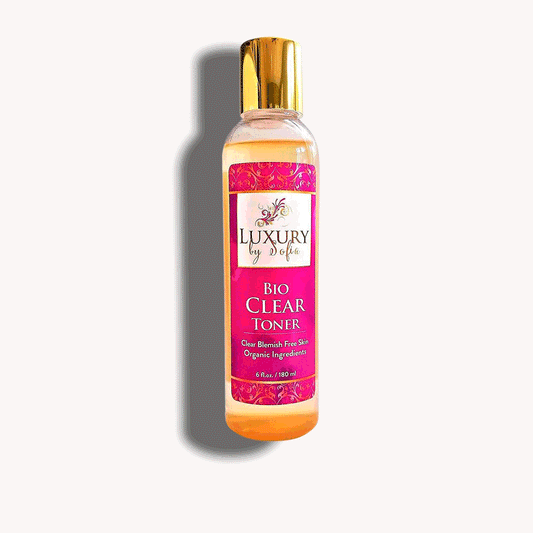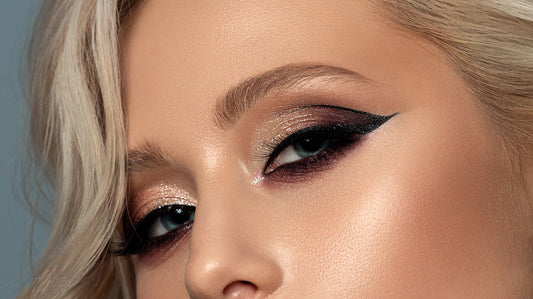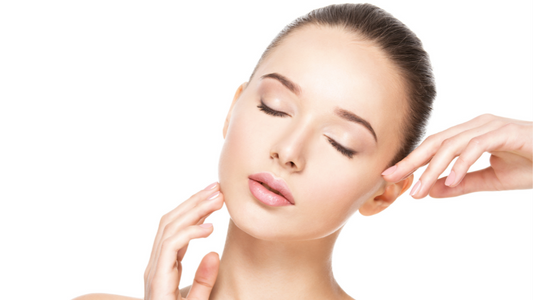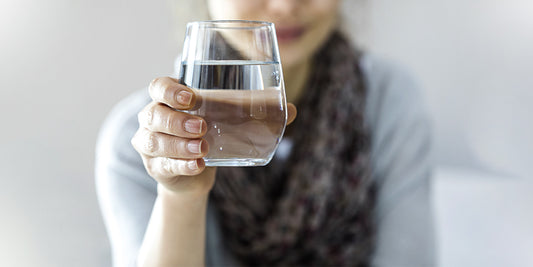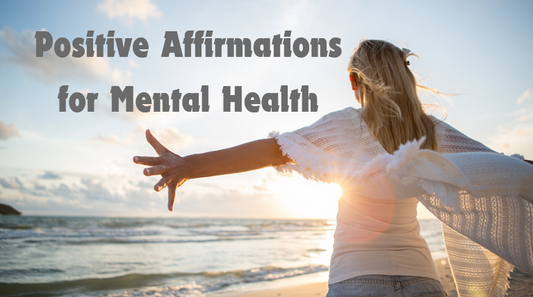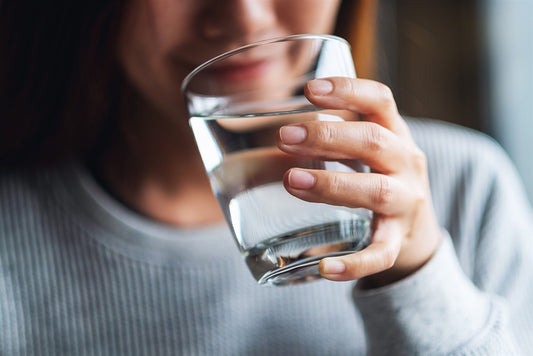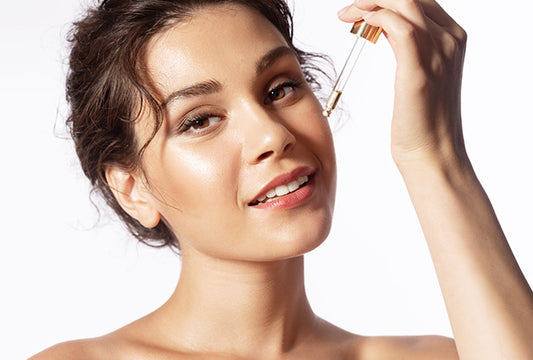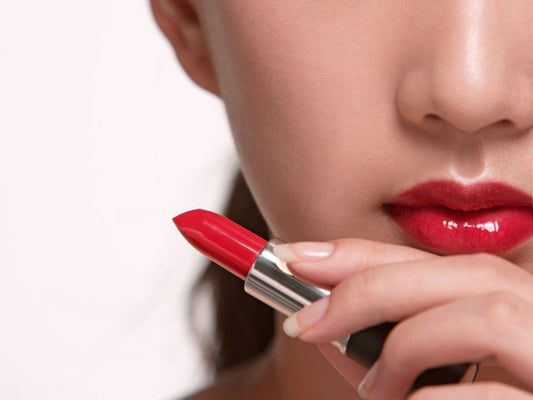Sunscreen is a daytime skincare routine staple.

With so many sunscreen options available, it can be hard to find the best match for your skin type and lifestyle. In this Q&A series, we answer burning questions that you may have with regards to this daily essential.
“How Much SPF Protection Do I Need?”
SPF is a measure of how much UVB ray sunscreen filters out.
Dermatologists recommend using sunscreen with at least SPF30 protection as it blocks about 97% of UV rays, unlike SPF15 which blocks only about 93%. If you will be outdoors when the sun is at its peak between 10am – 4pm, or if you will be engaging in strenuous physical activities, a water-resistant SPF30 sunscreen will be ideal for you. A sunscreen with SPF15 may suffice if you are staying indoors most of the time.

Organic All Natural Zinc Sunscreen
“How Often Should I Reapply Sunscreen?”
Sunscreen is not a beauty product that you can apply once and forget about it. Sun protectors are broken down by sunlight and can wear off by perspiration. They lose effectiveness as the day goes by and require reapplication every 2 hours or immediately after swimming, bathing or excessive perspiration.
“What Is The Difference Between Physical & Chemical Sunscreen?”
Physical sunscreens stay on your skin to block UV radiation with key ingredients like Titanium Dioxide or Zinc Oxide. They are applied as the last step of your skincare routine and can even be applied after face makeup. On the other hand, chemical sunscreens penetrate your skin in order to offer effective sun protection. They use chemical filters, such as Oxybenzone, Avobenzone, Octinoxate and Octisalate, to absorb UV rays and convert them into heat. Chemical sunscreens need to be applied directly onto your skin before makeup.
“Can I Get Adequate Vitamin D Without Sun Exposure?”
According to dermatologists, you only need 5-30 minutes a day of direct sun exposure to get enough Vitamin D. Sun rays can penetrate your clothing and windows, so it is more than likely that you will synthesize enough Vitamin D even if you apply sunscreen. If you wish to have a higher dose of Vitamin D, you can always consume supplements or enrich your diet with foods like salmon, tuna or mushroom.
“Do I Need Sunscreen If I Am Staying Indoors?”
Yes, you need sunscreen no matter where you are, and no matter the weather. An overcast day can have similar UV levels to a warm sunny day. Therefore, even though it may seem as though you are shielded in the shade, your skin is still exposed to radiation that penetrates your windows and clothes.
“Can I Skip Sunscreen If My Makeup Has SPF?”
Absolutely not! Makeup formulated with SPF is a great sun protection boost but it does not deliver sufficient protection when worn alone. You likely will not apply enough face makeup to achieve the same level of defense as that of a sunscreen. Moreover, sun protection wears down with exposure and needs to be reapplied every 2 hours. It is unlikely that you will be piling on thick layers of foundation throughout the day.
“Will I Be Completely Protected From UV Rays With Sunscreen?”
The truth is, sunscreen does not guarantee 100% protection against UV rays. Even if you do not miss a spot on your skin, sunscreens with the highest SPF protection can only block about 99% of UV rays and they also wear down with time. As such, wear protective clothing whenever possible and avoid being outdoors when the sun is at its peak.
“Does Skipping Sunscreen Really Cause Cancer?”
According to the American Cancer Society, most skin cancers are a result of exposure to the UV rays in sunlight.
Basal cell and squamous cell cancer types tend to be found on sun-exposed parts of the body, while Melanoma cancer type is less strongly correlated with sun exposure. Sun damage is cumulative and it is impossible to reverse all of its damages so prevention is better than cure.
“When UV light hits the surface of the skin it creates free radical species. If you accumulate enough free radicals, they start to affect how your DNA replicates. Eventually the DNA will replicate abnormally and that’s how you get precancerous cells that can, with enough sun exposure, turn into cancerous cells.” says dermatologist Rita Linkner.
Protect your skin from the harmful effects of sun exposure by using our Organic All Natural Zinc Sunscreen. This hydrating sunscreen is developed with Non-Nano Zinc Oxide that forms a protective barrier on your skin without penetration, therefore, making it suitable for all skin types, even women with sensitive skin.

